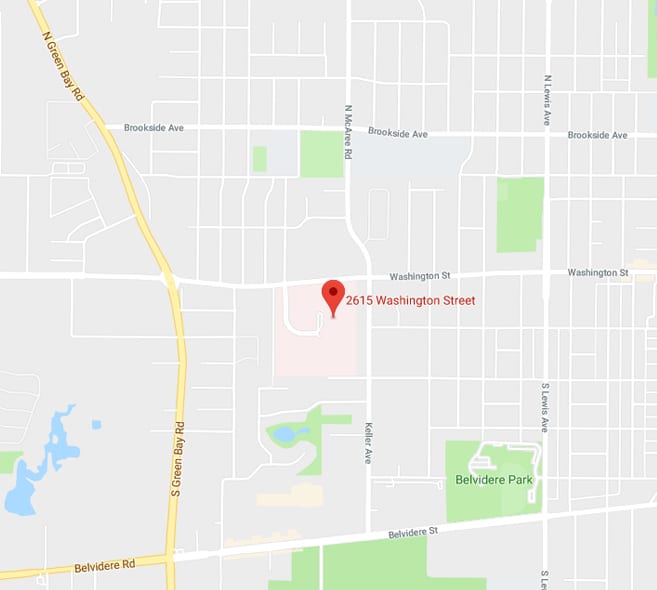May is Mental Health Month
Since 1949, May has been the month chosen to focus on mental wellness; reducing stigma and promoting mental health. The National Alliance on Mental Illness indicates in much of its literature that 1 in 5 of us, that is “one of us”, will be affected by mental illness in our lifetime. With that in mind, one of the biggest ways to put stigma in check is to acknowledge the “of us” and accept that you may have a time in your life when you are just not functioning well. You may be feeling down, anxious, or even feeling like life is just too hard. Do what NAMI would ask us to do: remember that people can and do recover from mental illness. The caveat is that acknowledgement, support and professional intervention may all play into moving from unwell to well. Let’s take a look at how.
Professional help is key.
Although this is not an all-case scenario, if you have been feeling like your relationships are failing, your work or school efforts are lower than usual, or you can’t manage the basics of daily living like getting up on time, getting dressed, and sleeping and eating on regular schedules, and it has been going on for two weeks or more (National Council for Community Wellbeing) maybe professional support is a good choice. You should always seek help in a crisis: when you are having suicidal thoughts, when you are thinking about hurting someone else, or if someone is hurting you; but know that you don’t have to be in crisis to look for some support, to look at a problem, or to gain insight into something that just does not feel right. You always have a choice, but don’t let something small grow into something bigger and less manageable.
Here’s why you might consider finding the right professional:
- You get help, you won’t be in it alone.
- You’ll have someone who will objectively listen.
- You can gain insight into solving your problems.
- You will find out what barriers are blocking your efforts.
- You can set some measurable goals and a timeline for making them happen with someone who can help you be accountable.
- You can work through trauma if that is the foundation for your challenges.
- You will have a chance to practice and process skills in real time.
- You’ll learn about therapies like Cognitive and Dialectical Behavioral Therapies that are evidence-based and proven to have positive impact.
- You will feel better about you!
Once you have connected with a professional who feels right to you (remember you are a consumer and looking around and making the choice that is just right for you is important) you can ask about whether inpatient hospitalization, outpatient, intensive outpatient or partial hospitalization is the best level of care for you in the moment.
Most behavioral health hospitals, like Lake Behavioral Hospital have free, confidential assessments that help determine what level of care will be most helpful.
Be a consumer.
You can make your own choices as you look for professional help. Here are some ways to find the right professional:
- Talk to people you know. Ask your doctor, your pastor and friends if they have resource ideas for you. If your work has an Employee Assistance Program, you may be able to get some sessions for free.
- Ask the professional you have chosen for an initial interview where you can ask questions about their therapy, their expectations and your expectations. Don’t feel like you have to stay with the first professional you call, look for a connection and interview several if you must.
- If you are in crisis, you can go to any Emergency Room or go to a behavioral health hospital like Lake Behavioral Hospital. One of the benefits of a facility like this is that many professionals: mental health technicians, nurses, social workers and psychiatrists, will be a part of your treatment during your stay and you will probably connect with more than one professional that makes a difference for you.
- Check with your insurance company to see what therapies are covered. Sometimes your insurance may cover certain therapies and a select group of professionals. Some companies provide incentives or discounts for taking care of yourself. Check your plan.
Treatment works when you work it!
Get the most out of your treatment program by being active and questioning. Every question is worth asking. Here are some other ways you can participate:
- Have some goals of your own. Lots of treatment providers help you develop goals; bring your own ideas.
- Listen to new ideas for finding your strengths and ask lots of questions. Be open-minded.
- Be ready for feelings. Treatment can open old wounds, but it will also give you a chance to practice the coping skills you are learning. Go with the flow.
- If you have concerns, voice them.
- Be candid and thorough. Tell your story.
Do you need more than just talk therapy?
At Lake Behavioral Hospital, you will have nurses and a psychiatrist who work with you. The team may decide that medication will benefit you. Many patients find that medication makes a difference in mood, clarity and impulsivity. Some feel the reduction in symptoms is very favorable and life-enhancing. There can be side effects of any medications and your treatment team will help educate you and manage this during your stay. There should be constant evaluation and lots of opportunity to ask questions or voice your concerns. Keep a journal of questions and reactions. The most important thing to do will be to get educated; here are some things you may want to know.
- What is the goal of the medication?
- How long does it take to work?
- What schedule do I follow?
- What are the side effects?
- What can be done about side effects?
The cost of treatment:
If you have private insurance, check your plan. Find out what is covered and if there are any steps you must take to receive your benefits. If you have Medicaid, ask the treatment providers you interview to find out if a Medicaid plan is covered. You may also get a directory at your Medicaid office or online. If you have Medicare, check for service offerings as well. To find out more about service offerings for your type of insurance coverage, check the back of your insurance card for the Customer Service Support line. If you have no funding, there are services available, but you may want to check with 211 or use the “SAMHSA helpline”. Using just that phrase to look it up and calling the number provided will put you in touch with a navigator who help you find services near you.
There is help and hope.
In Lake County, you can call 211 to get lists of resources for everything from housing to mental health. Nationally, dialing 988 will get you in touch with a mental health counselor who will make sure you are safe and connect you geographically to services that will help you right away. Texting help, hello or MHA to 741741 will put you in touch with a counselor who will discuss what is going on and help you find support.
Convenient and easy:
If you or someone you love needs help, know that the team at Lake Behavioral Hospital will be there. Calling 855-990-1900 and making an appointment for a level of care assessment or walking in and asking for Assessment and Referral will put you in touch with qualified mental health professionals who will help you find the level of treatment that is just right for you, right now. Seeking help is self-care and that is what Mental Health Month is all about!




